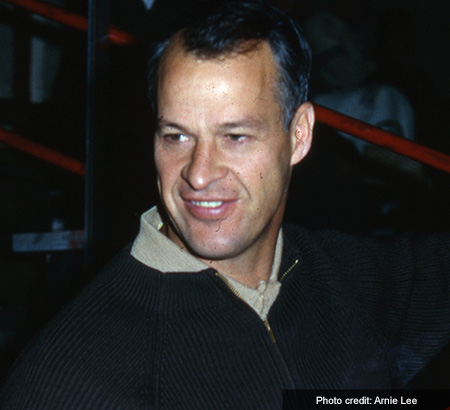In a commentary in the Feb. 5 Vancouver Sun, Faculty of Medicine Professors Judy Illes and Fabio Rossi express concerns about hockey legend Gordie Howe receiving stem cell treatment in Mexico in the hope of improving his recovery from a stroke.
Although stem cell therapies are being tried for a variety of conditions, including blood diseases, burns, damaged corneas, multiple sclerosis, spinal cord injury, Parkinson’s disease and diabetes, Dr. Illes and Dr. Rossi write, “there are no miracle cells of any sort today that can be injected” to restore function in stroke-damaged neurons or create new connections in the brain that would not otherwise occur.
“Companies selling these products are preying on desperate and vulnerable people and exploiting their hope, much like snake oil salesman have done throughout most of human history,” they write. “In this latest case of medical tourism, Howe’s fame has surely flamed commercial gain for the American company operating south of its border that sought him out. The case represents another example of a person and family struck by tragedy and, just as tragically, seduced by false promise.”
Howe, 86, suffered two strokes late last year. His family took him to a Tijuana clinic in December to receive stem cell injections as part of a clinical trial being run under a licensing agreement with Stemedica Cell Technologies of San Diego. The treatment involved injecting neural stem cells into Howe’s spinal canal, along with intravenous infusions of mesenchymal stem cells, which are found in bone marrow, fat and umbilical cord blood.
Howe’s son, Marty, said his father is now able to walk, his speech has improved and he has regained some of the weight he lost following the strokes.
Dr. Illes is a Professor in the Division of Neurology and the Canada Research Chair in Neuroethics, and Director of the National Core for Neuroethics. Dr. Rossi, a Professor in the Department of Medical Genetics, investigates stem cells’ potential to regenerate damaged tissues.
